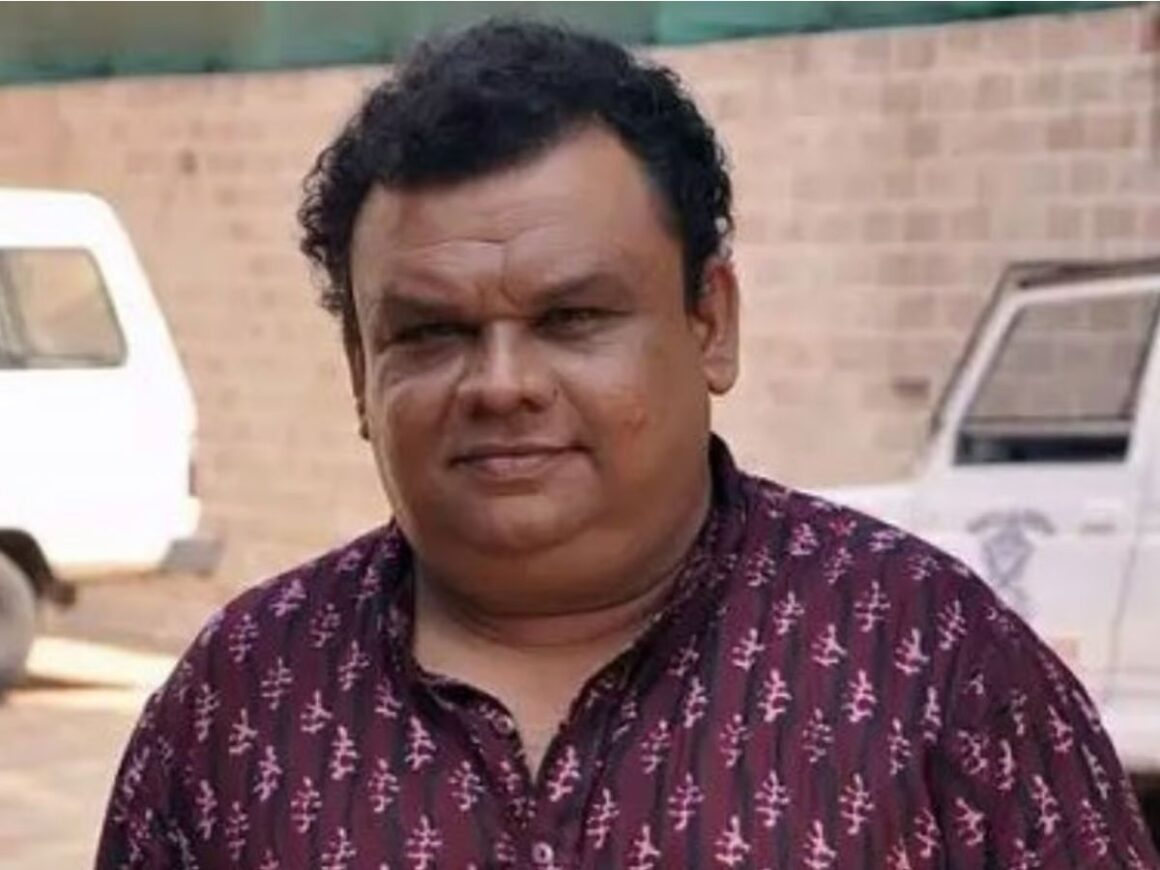New Delhi, October 15: Renowned Marathi actor Atul Parchure succumbed to liver cancer on Monday, at the age of 57. The actor had been battling the disease for a considerable period. His demise has left a void in the Marathi film industry, where he was widely admired for his versatile performances.
Last year, in an interview, he expressed the gravity of the situation, stating: “I was told I have a tumour about 5 centimeters long in my liver and that it is cancerous.”
However, Atul Parachure’s treatment took a significant toll on his health due to a misdiagnosis.
He recounted: “My first procedure after the diagnosis went wrong, affecting my pancreas and leading to various complications. The incorrect treatment actually aggravated my condition. I was unable to walk and struggled to speak clearly. In that state, the doctor advised me to wait for a month and a half.
“They warned that undergoing surgery could result in long-term jaundice or severe liver complications, potentially jeopardising my survival. Eventually, I sought a second opinion, switched doctors, and received the appropriate medication and chemotherapy.”
Atul Parchure was known for his work in both films and television, particularly recognized for his comic performances.
What Is Liver Cancer: What Causes It?
Liver cancer, also known as hepatocellular carcinoma, is a serious health condition that affects the liver. It is one of the most common types of cancer worldwide and can be caused by various factors, including:
Viral Infections: Hepatitis B and C viruses are the most common causes of liver cancer. Chronic infections with these viruses can damage the liver over time, leading to cancer.
Alcohol Abuse: Excessive alcohol consumption is a major risk factor for liver cancer, as it can damage liver cells.
Fatty Liver Disease: Non-alcoholic fatty liver disease (NAFLD) is another risk factor for liver cancer. This condition is characterized by the buildup of fat in the liver, often due to obesity, diabetes, or high cholesterol levels.
Exposure to Toxins: Exposure to certain toxins, such as aflatoxins found in contaminated food, can increase the risk of liver cancer.
Symptoms of Liver Cancer
The early stages of liver cancer often do not cause any symptoms. As the cancer progresses, however, it can lead to a variety of symptoms, including:
1. Abdominal pain or discomfort
2. Loss of appetite
3. Weight loss
4. Nausea and vomiting
5. Jaundice (yellowing of the skin and eyes)
6. Swollen abdomen
7. Itchy skin
8. Dark urine
9. Pale stools
Early diagnosis of liver cancer is crucial for successful treatment. A variety of tests, including blood tests, imaging studies (such as CT scans or MRIs), and biopsies, can be used to diagnose liver cancer.
The treatment for liver cancer depends on the stage of the disease and the overall health of the patient. Treatment options may include:
Surgery: If the cancer is localized and the liver is healthy, surgery may be an option.
Chemotherapy: Chemotherapy involves the use of drugs to kill cancer cells.
Radiation Therapy: Radiation therapy uses high-energy rays to kill cancer cells.
Targeted Therapy: Targeted therapy uses drugs that specifically target cancer cells without harming healthy cells.
Liver Transplant: In some cases, a liver transplant may be necessary if the liver is severely damaged.
Preventing Liver Cancer
While there is no guaranteed way to prevent liver cancer, certain lifestyle changes can reduce your risk. These include:
— Avoiding alcohol or limiting consumption
— Maintaining a healthy weight
— Eating a balanced diet
— Regular exercise
— Getting vaccinated against hepatitis B and C
— Avoiding exposure to toxins
— The Loss of Atul Parchure
The passing of Atul Parchure is a significant loss for the Marathi film industry. His contributions to the world of cinema will be remembered for years to come. As we mourn his loss, it is also important to raise awareness about liver cancer and the importance of early detection and prevention.

